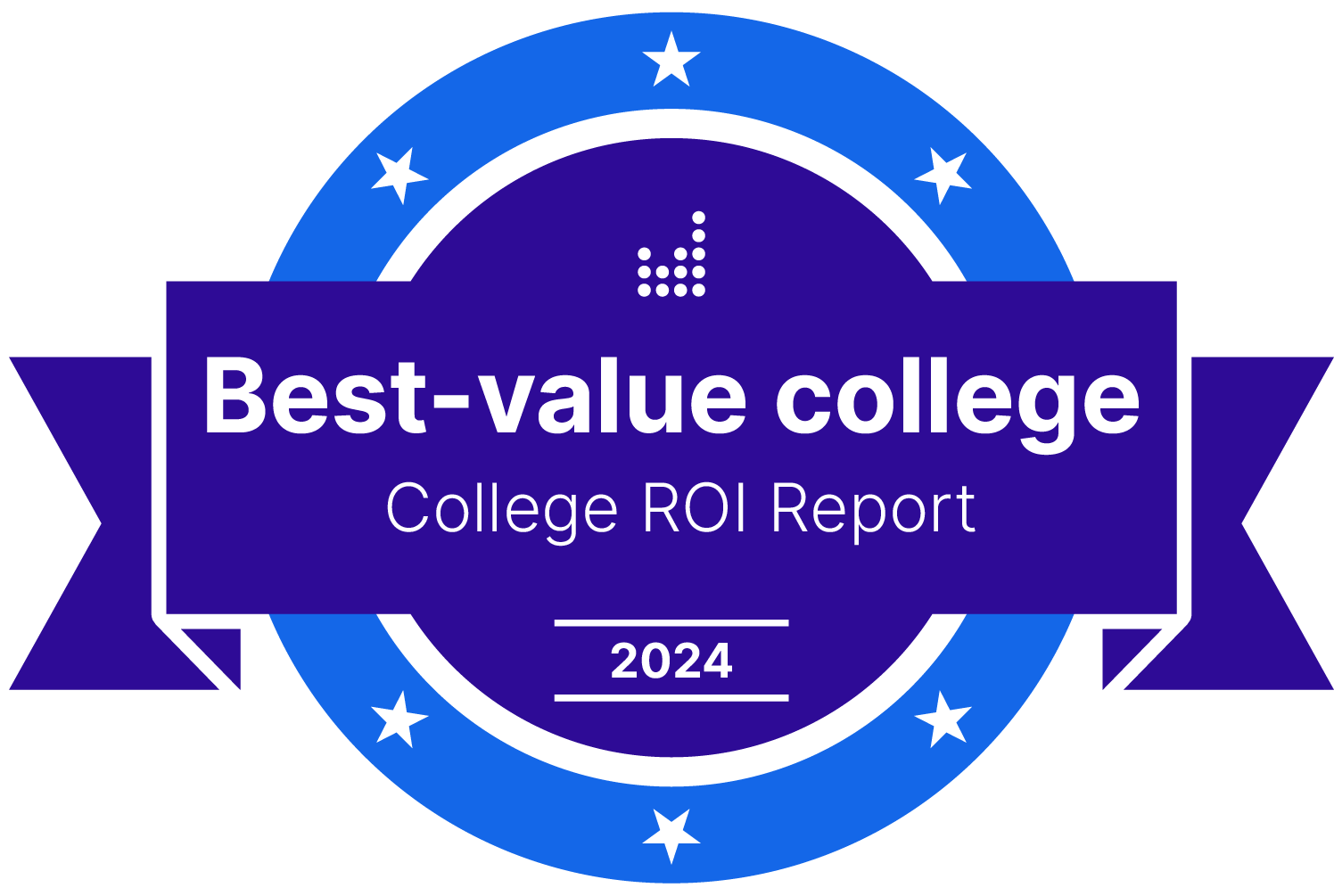Clarkson College was founded in 1888 as Nebraska’s first school of nursing. Since then, we've established a new campus, expanded our program offerings, and adopted a new name. Our programs continue to evolve to meet the needs of the healthcare industry. We continue to remain focused on academic excellence and professional preparation.
News Campus Events Academic Calendar DirectoryClarkson College prepares students for meaningful careers in healthcare. Our faculty includes experienced educators and practicing clinicians. Learn alongside peers who are equally committed to making a difference. With nine fields and twenty majors, there are many paths to begin impacting your community—often before graduation.
Catalog Academic Calendar RegistrarClarkson College welcomes undergraduate and graduate students, transfer and international students, and adults who are returning to college to continue their studies or advance their health care careers. Here, you'll find everything you need to get started.
Admissions Registrar Request More Info ApplyThe Student Financial Services department supports students in accessing the resources they need to attend Clarkson College. Whether you're exploring scholarships, grants, loans, payment plans, or a combination of options, our team is here to help you find the solution that best fits your situation.
Tuition & Financial Aid Student Accounts Scholarships and Other AidCollege is a time for self-discovery, personal growth, and fun. While your focus is on building a future in healthcare, we also want you to look back and remember the full range of experiences beyond the classroom. At Clarkson College, there are many ways to get involved. Start building memories today.
Student Life Campus Services Online Resources Get InvolvedEvery day, Clarkson College alumni are changing lives in ways that are both practical and profound. Clarkson College strives to keep our alumni connected to not only the College but also with one another. Here, you will find all the ways you can stay connected.
Alumni Alumni Email DonateClarkson College provides a variety of professional learning opportunities and health care courses. Our Basic Life Support, Medication and Nurse Aide courses can help individuals getting certified for the first time or needing renewal. These programs are either online or on campus with ongoing offerings year-round.
Professional Development

